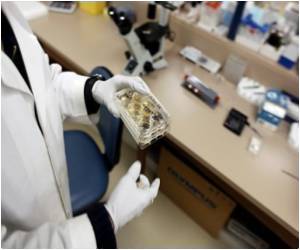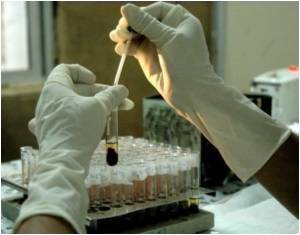BOSTON -- Scientists at Dana-Farber Cancer Institute and colleagues overseas have discovered a pair of backup circuits in cancer cells that enable the cells to dodge the effect of

Until now, scientists haven't known why cancers that initially respond to cetuximab become resistant to it, or how to overcome such resistance.
In the new study, researchers led by Pasi Janne, MD, PhD, of Dana-Farber and Kimio Yonesaka, MD, PhD, formerly of Dana-Farber and now at Kinki University School of Medicine, in Osaka, Japan, found that in some cetuximab-resistant cancer cells, a protein known as ERBB2 was actively sending "grow" signals, circumventing the "stop growing" signals triggered by cetuximab. The researchers discovered that ERBB2's activity sprang from an oversupply of the protein's parent gene, Her2/neu, or by a related protein, ERBB3, when prompted by high levels of the protein heregulin. In both cases, the new growth messages are unaffected by cetuximab.
"ERBB2 activates a critical signaling pathway that is not normally blocked by cetuximab, and in this way subverts cetuximab's function," says Janne, the study's co-senior author with Kazuhiko Nakagawa, MD, PhD, of Kinki University. "Because ERBB2 isn't affected by cetuximab, this is an easy way for cancers to become resistant to the drug."
The findings suggest that combining cetuximab with ERBB2-inhibiting drugs could be an effective therapy for cancers that are cetuximab-resistant from the start or for those that become resistant over time, the study authors say. Several such inhibitors have already been approved, while others are undergoing clinical study.
"We hope the findings of our study will inspire the development of clinical trials aimed at overcoming cetuximab resistance," Yonesaka remarks. "We've identified biomarkers that can be used to select cetuximab-resistant patients who may benefit from a combination of cetuximab and ERBB2 inhibitors."
Advertisement
Advertisement















